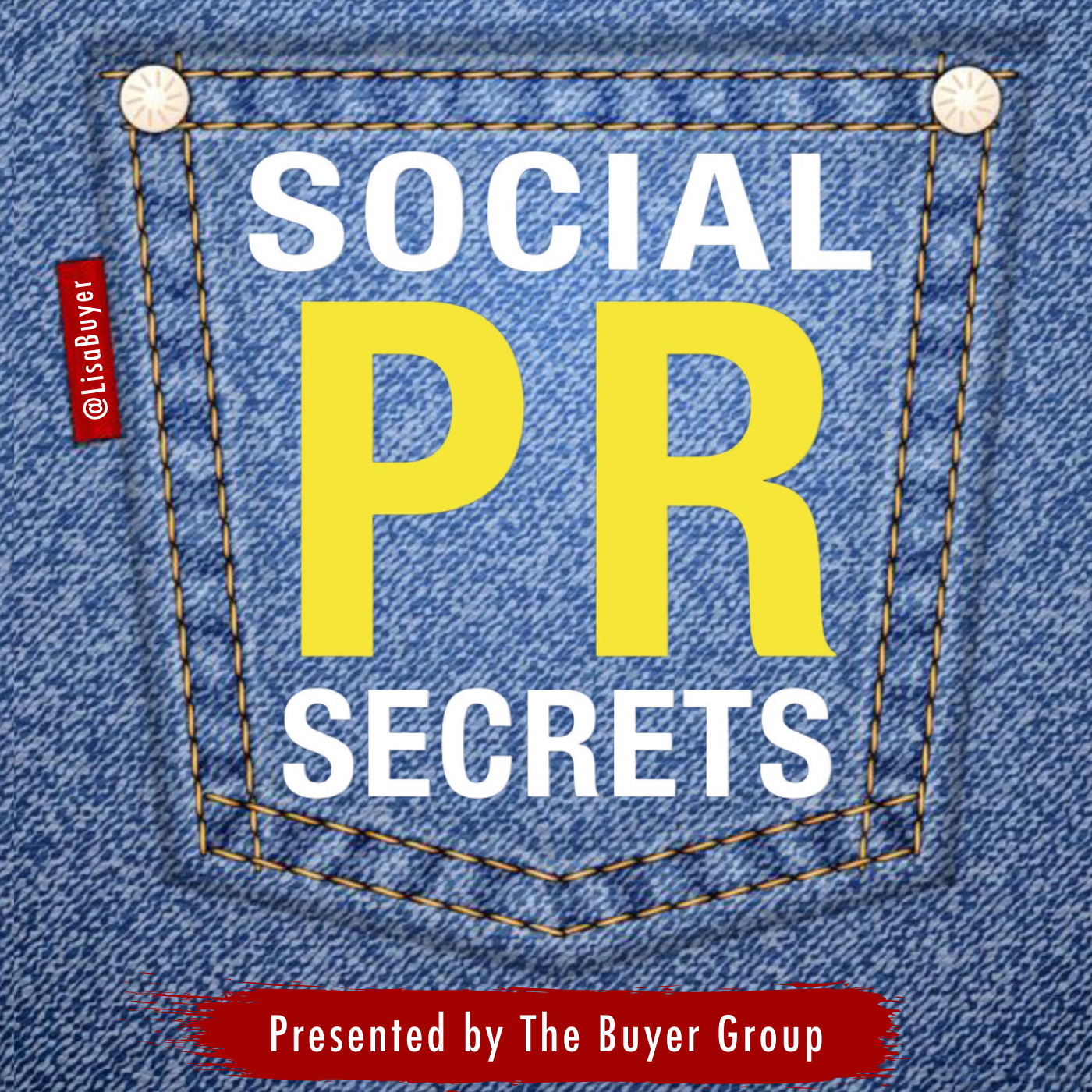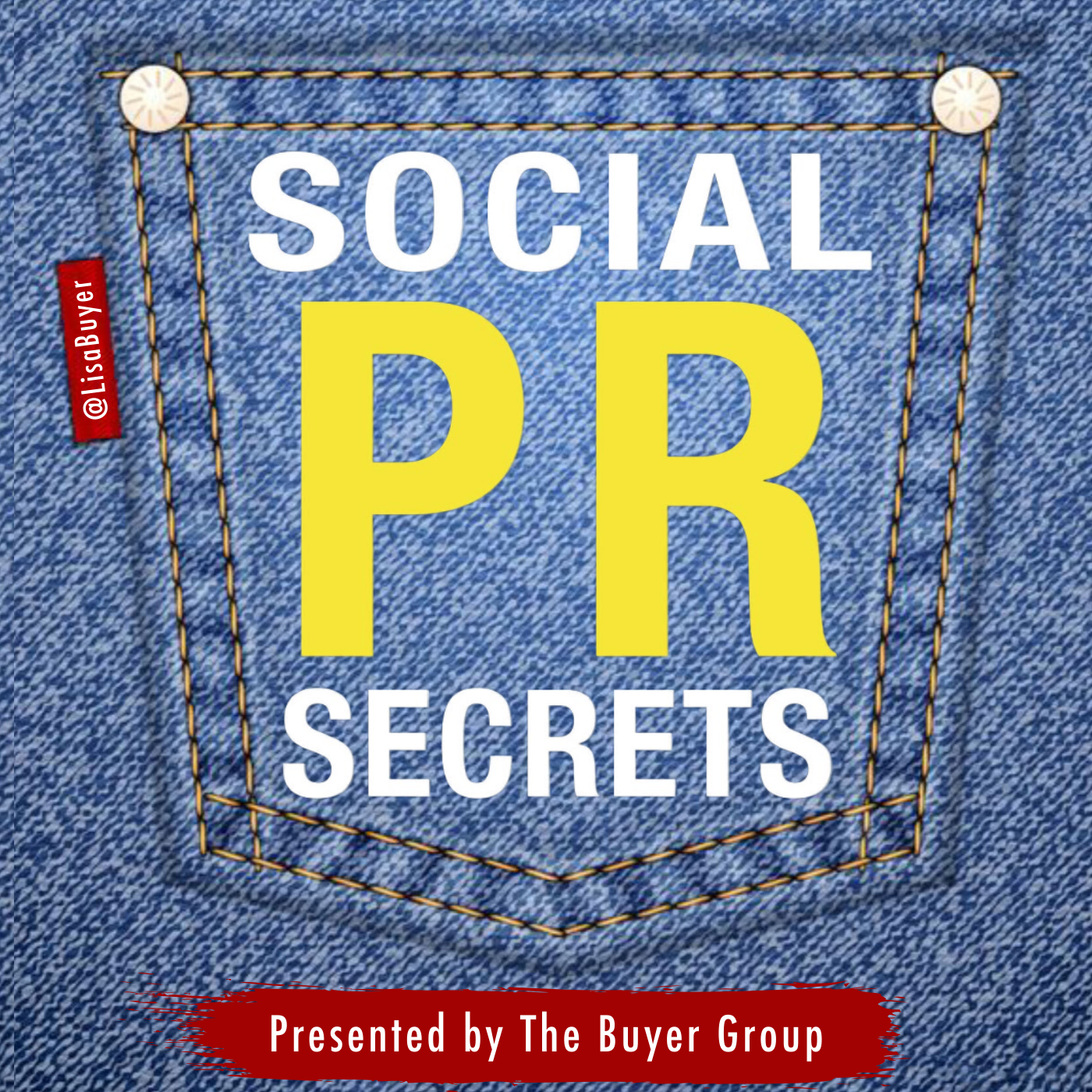In this episode of the Social PR Secrets Podcast, host Lisa Buyer talks with Jessica Rafaeil, a Public Relations Specialist. While the two experts work together at The Buyer Group, Jess also owns her own firm, More Than Press. They met at the University of Florida, where Lisa was Jessica’s professor. They bonded over her senior project and her understanding of PR as a complex industry.
Public Relations is the business of persuading people and developing connections to help brands. While that seems pretty straightforward, PR can take many different avenues and is often misunderstood. Listen to the podcast to find out what the top misconceptions about PR are and why they are completely false.
When Jess starts working with brands, she always asks them what they want. A lot of the time their response is “press releases, of course.” To Lisa and Jessica, however, press releases are not the sole nor most important part of PR. While they are great and a staple for announcements or product launches, they aren’t a public relations strategy on their own.
According to Jess, PR is all about creating relationships with the press and building credibility for brands. The overall strategy is much more complex and helps the press release actually serve its purpose. As such, the bulk of the work is building relationships on a day-to-day basis. PR agencies are constantly looking for opportunities for their clients. To Jess, PR is not a “next-day slam dunk.” Results will start to show months from when you start because public relations are a long play.
Lisa and Jess got a laugh out of that misconception! To them, PR is the middle child of advertising and marketing. Public relations professionals work hand in hand with those channels, but the functions they serve are completely different. When a brand is advertising, it is asking people to buy its services and products. Ads are convincing customers to trust the brand. On the other hand, PR gets someone out of the brand’s industry to tell people to buy a product. Consequently, PR has added value.
Jessica cited a study showing 70% of customers would rather find a product through articles rather than ads. PR does that by not only working with journalists but with other creative methods. For example, a CEO being a guest author in a publication can also bring credibility to the brand. Lisa adds earned media can also be used as advertising if you know how to use it well. To the two professionals, one of the biggest mistakes brands make is allocating a large budget to advertising, at the expense of PR. What brands don’t know is spending ad dollars before having established credibility through PR work is rarely effective.
When brands work with a PR agency, response time needs to be a top priority for all media opps. Not only is it harmful to the agency-brand relationship, but it can also be disastrous for media opportunities. If a journalist reaches out with an opportunity, ideally you should respond in fifteen minutes to an hour. Reporters often need to finish their stories fast and the brands who respond first will be the ones who get featured. Lisa explains some great opportunities have been missed because the client was not responding. Her tip? Creating a bank of pre-approved quotes on different topics, you can flip over to journalists.
Is traditional PR dead? Can you be a PR professional who works remotely? Are NYC agencies really better? Listen to this episode of Social PR Secrets to find out and read our latest articles for more misconceptions about Public Relations! [Insert link]
“Any good PR agency is going to put the truth out there.” - Jessica Rafaeil

What’s the most crucial aspect of making content shareable? According to Krista Neher, it’s that you absolutely have to have good images with every...

Bruce Clay asks...Does your SEO team even know what they are doing? Are they optimizing your website with Google’s current best practices? Did you...

Being on camera is scary. Yet, most small businesses would benefit from strong video content. But where do you start? Is there necessary equipment?...